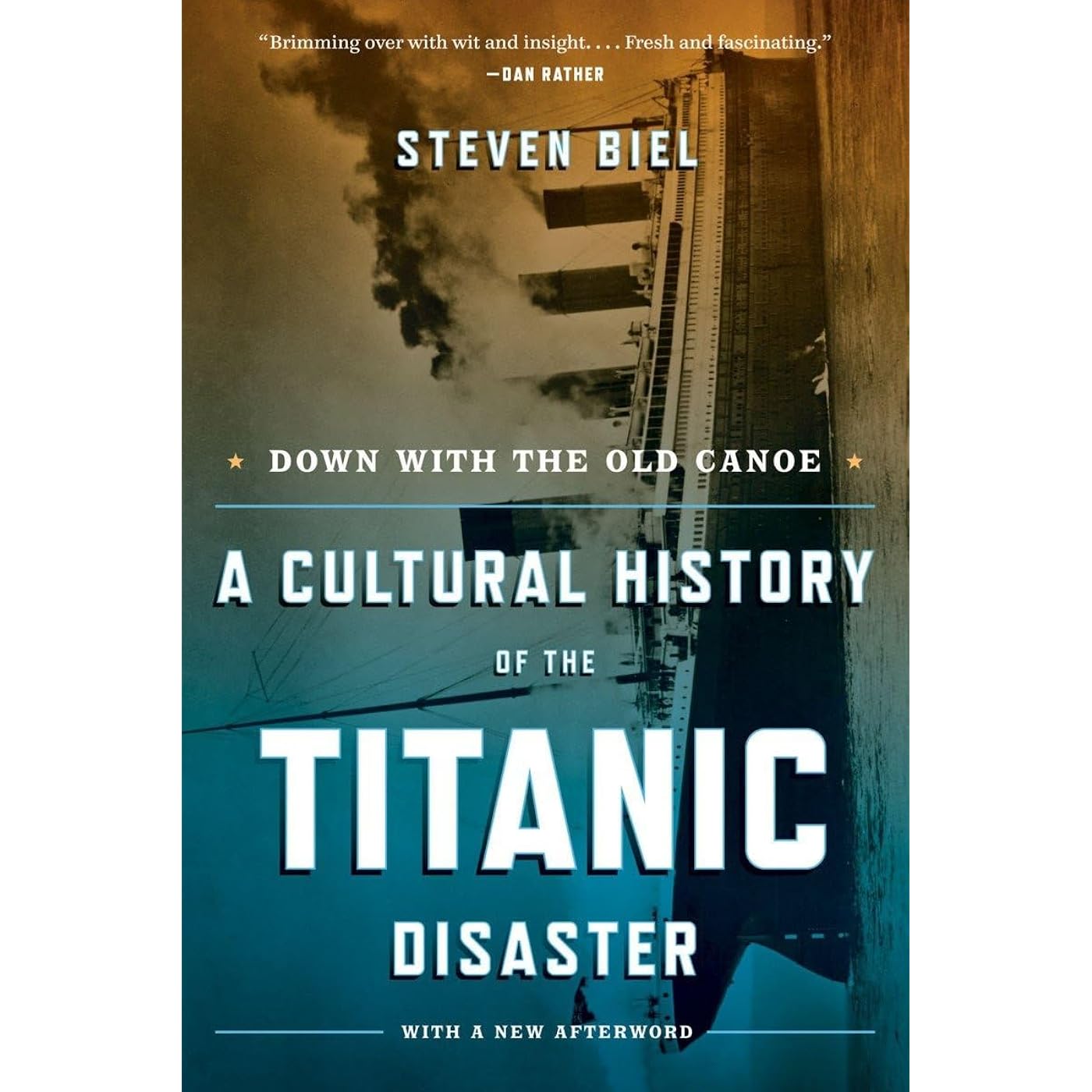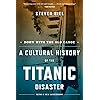Down with the Old Canoe: A Cultural History of the Titanic Disaster


Buy Now, Pay Later
- – 4-month term
- – No impact on credit
- – Instant approval decision
- – Secure and straightforward checkout
Ready to go? Add this product to your cart and select a plan during checkout.
Payment plans are offered through our trusted finance partners Klarna, Affirm, Afterpay, Apple Pay, and PayTomorrow. No-credit-needed leasing options through Acima may also be available at checkout.
Learn more about financing & leasing here.
This item is eligible for return within 30 days of receipt
To qualify for a full refund, items must be returned in their original, unused condition. If an item is returned in a used, damaged, or materially different state, you may be granted a partial refund.
To initiate a return, please visit our Returns Center.
View our full returns policy here.
Description
"Brimming over with wit and insight…Fresh and fascinating." ―Dan Rather Everyone from suffragists to their opponents; radicals, reformers, and capitalists; critics of technology and modern life; racists and xenophobes and champions of racial and ethnic equality; editorial writers and folk singers, preachers and poets found moral and cultural lessons in the sinking of the Titanic. In a new edition that both commemorates the one hundredth anniversary of the disaster and elaborates, in a revised afterword, on the ship's continued impact on the public imagination (evidenced by the Titanic mania evoked by James Cameron's 1997 film), Steven Biel explores the Titanic in all its complexity and contradictions. 16 pages of black-and-white photographs and illustrations Read more
Publisher : W. W. Norton & Company
Publication date : March 26, 2012
Edition : Updated
Language : English
Print length : 330 pages
ISBN-10 : 0393340805
ISBN-13 : 08
Item Weight : 8.8 ounces
Dimensions : 5.5 x 0.9 x 8.3 inches
Best Sellers Rank: #1,258,277 in Books (See Top 100 in Books) #631 in Ship History (Books) #913 in United States History (Books) #8,593 in Historical Study (Books)
Frequently asked questions
To initiate a return, please visit our Returns Center.
View our full returns policy here.
- Klarna Financing
- Affirm Pay in 4
- Affirm Financing
- Afterpay Financing
- PayTomorrow Financing
- Financing through Apple Pay
Learn more about financing & leasing here.







